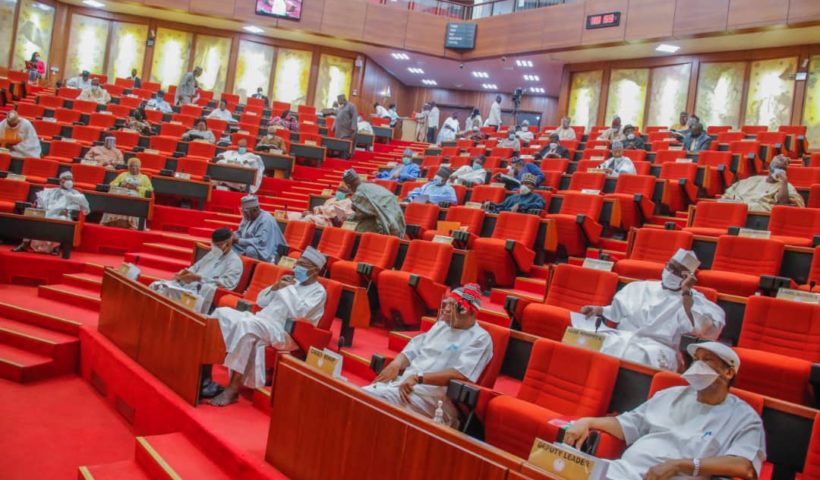634
***as bill passes second reading, proposes shorter campaign period
By Tracy Moses
A bill aimed at reducing the financial burden of elections and introducing same-day voting for all elective positions in Nigeria has successfully passed its second reading in the Senate.
The “Electoral Act (Amendment) Bill, 2025,” sponsored by Sen. Saliu Mustapha (APC, Kwara Central), calls for urgent electoral reforms, emphasizing the growing costs associated with conducting elections in the country.
Senator Mustapha explained, “The financial cost of elections in Nigeria has skyrocketed, increasing from N1.5 billion in 1999 to a staggering N350 billion in 2023. Such an escalation is unsustainable and weakens our democracy.”
To tackle this issue, Mustapha’s proposal advocates for holding presidential, gubernatorial, National Assembly, and State Assembly elections on the same day. He believes this approach would substantially reduce expenses, improve voter turnout, and simplify the logistics of organizing elections.
In addition to the same-day elections, the bill proposes a reduction in the campaign period, which Mustapha argued would relieve political parties, candidates, and the government from the financial strain caused by prolonged campaigns. “A shorter campaign period will curb excessive spending and refocus political efforts on governance instead of endless campaigning,” Mustapha stated.
The bill also includes provisions for granting elected officials the right to participate as ad hoc delegates at their political parties’ conventions. Mustapha argued that the current exclusion of elected officials from party decisions is detrimental and counterproductive.
Through this legislation, Mustapha hopes to implement cost-saving measures that will not only reduce election expenditure but also reallocate billions of naira towards essential infrastructure development and governance improvements.
Drawing from successful election models in countries such as the United States, India, and Brazil, the senator urged his colleagues to support the bill, pointing out how same-day elections have been instrumental in minimizing costs and enhancing the efficiency of electoral processes.
“By adopting this approach, Nigeria can free up valuable funds that can be redirected to critical infrastructure projects,” he emphasized.
While the bill received strong support from many lawmakers, some senators raised concerns over the Independent National Electoral Commission’s (INEC) ability to manage the logistics of conducting all elections on a single day.
Sen. Adams Oshiomhole (APC, Edo North) expressed caution, questioning whether INEC was adequately prepared to handle such an extensive reform. “While the bill’s intentions are commendable, we must carefully consider whether INEC is fully equipped to conduct all elections on the same day,” Oshiomhole noted.
He also pointed out potential challenges, such as confusion among voters, particularly those with limited literacy, when presented with multiple ballot papers. “We must think about the possible difficulties this could create for less-educated voters,” he added.
The bill has now been sent to the Senate Committee on Electoral Matters for further examination, with a report expected in the next four weeks.



